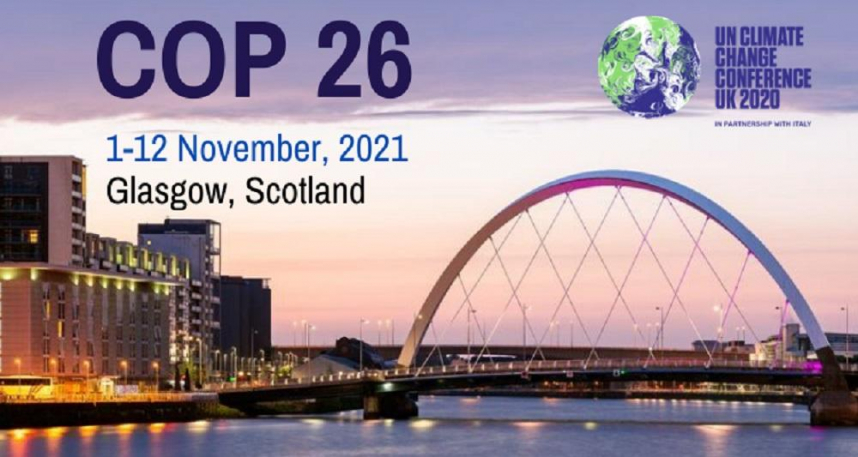09 Nov 2021

A group of 50 countries has committed to develop climate-resilient and low-carbon health systems at the UN Climate Change Conference in Glasgow (COP26), in response to growing evidence of the impact of climate change on people’s health.
The governments of these 50 countries, which include some of those most vulnerable to the health harms caused by climate change as well as some of the world’s biggest carbon emitters, have committed to taking concrete steps towards creating climate-resilient health systems.
Forty-five of these countries have also committed to transforming their health systems to be more sustainable and low-carbon. Fourteen have set a target date to reach net-zero carbon emissions on or before 2050.
The commitments were made as part of the COP26 Health Programme, a partnership between the UK government, the World Health Organization (WHO), the United Nations Framework Convention on Climate Change (UNFCCC) Climate Champions, and health groups, such as Health Care Without Harm.
“The future of health must be built on health systems that are resilient to the impacts of epidemics, pandemics, and other emergencies, but also to the impacts of climate change, including extreme weather events and the increasing burden of various diseases related to air pollution and our warming planet,” said Dr. Tedros Adhanom Ghebreyesus, Director-General of the World Health Organization.
“Health systems must also be part of the solution, by reducing carbon emissions. We applaud those countries that have committed to building climate-resilient and low-carbon health systems, and we hope to see many others following their lead in the near future.”
Countries that have committed to achieving low-carbon, sustainable health systems include Argentina, Fiji, Malawi, Spain, the United Arab Emirates, the United States of America, and 39 others. Countries that have committed to enhancing the climate resilience of their health systems include Bangladesh, Ethiopia, the Maldives, the Netherlands, and 45 others.
The government of Fiji, for example, is responding to the increase in cyclones, flash floods, and rising sea levels causing lack of drinking water due to saltwater intrusion, by building more climate-resilient health infrastructure, strengthening the health workforce, and providing health care facilities with sustainable energy services.
“The message from WHO and health professionals around the globe is clear: climate change is a huge health challenge and we need to act now. I’m really pleased to see so many countries prioritizing this issue through the COP26 Health Programme and their level of ambition. Strong leadership from the health sector is vital to make sure we protect our populations from the impacts of climate change by enhancing the climate resilience of health systems, and by reducing emissions from the health sector,” said Wendy Morton, Minister for Europe and Americas, in the United Kingdom’s Foreign, Commonwealth and Development Office.